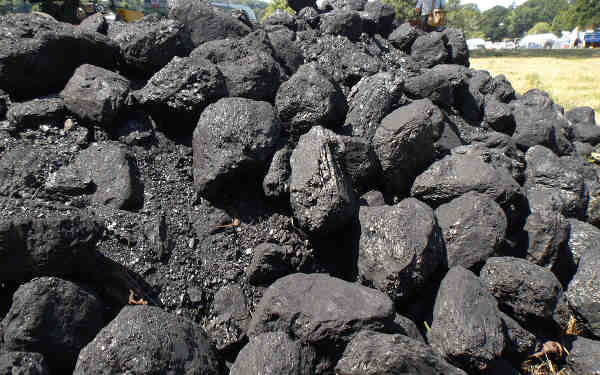On 3 February, a bench of Supreme Court headed by Chief Justice of India H.L. Dattu refused to accept the request of the Central Government to transfer 5 cases pending in various High Courts in which the Coal block Ordinance [The Coal Mines (Special Provisions) Ordinance, 2014] has been challenged. The Central Government had filed petitions in the Supreme Court for transferring all these cases to the Supreme Court, and all these petitions were dismissed by Supreme Court.

These 5 petitions challenging the said Ordinance on auctioning of coal blocks have been pending in Delhi High Court, Calcutta High Court and Madhya Pradesh High Court.
The Supreme Court observed that all parties such as the prior allottees, licensees, lease holders, new entities, etc., interested to participate in the auction process, were permitted legally to challenge the provisions of the Ordinance and it was for the Central Government to justify its ordinance. The Supreme Court also said that it cannot stop a person from approaching the high court if he is aggrieved.
The Supreme Court rejected the submission of the Attorney General Mukul Rohatgi that if the high courts pass different orders, the Central Government will find it difficult to go ahead with the auction process to meet the deadline of March 31, 2015.
It is noteworthy that last year, the Supreme Court had quashed allocation of 214 out of a total 218 coal blocks and had directed the Government to conduct fresh auctions by March 31, 2015.
The submission of the Government was that these 5 cases involve the same questions of law and they are substantial questions of general importance since they challenge the constitutional validity of the provisions of Ordinance, Rules and Tender document by means of various Writ Petitions before different High Courts, which require adjudication and authoritative pronouncement from the Supreme Court. However, the Supreme Court observed that these 5 petitions did not involve the same or similar questions of law and asked the Government to contest these petitions first before the high courts.
It may be pointed out that Article 139-A of the Constitution of India gives power to the Supreme Court to transfer certain cases pending before one or more High Courts to itself. Article 139-A is reproduced below:
“139-A. Transfer of certain cases.— (1) Where cases involving the same or substantially the same questions of law are pending before the Supreme Court and one or more High Courts or before two or more High Courts and the Supreme Court is satisfied on its own motion or on an application made by the Attorney-General of India or by a party to any such case that such questions are substantial questions of general importance, the Supreme Court may withdraw the case or cases pending before the High Court or the High Courts and dispose of all the cases itself:
Provided that the Supreme Court may after determining the said questions of law return any case so withdrawn together with a copy of its judgment on such questions to the High Court from which the case has been withdrawn, and the High Court shall on receipt thereof, proceed to dispose of the case in conformity with such judgment.
(2) The Supreme Court may, if it deems it expedient so to do for the ends of justice, transfer any case, appeal or other proceedings pending before any High Court to any other High Court.”

